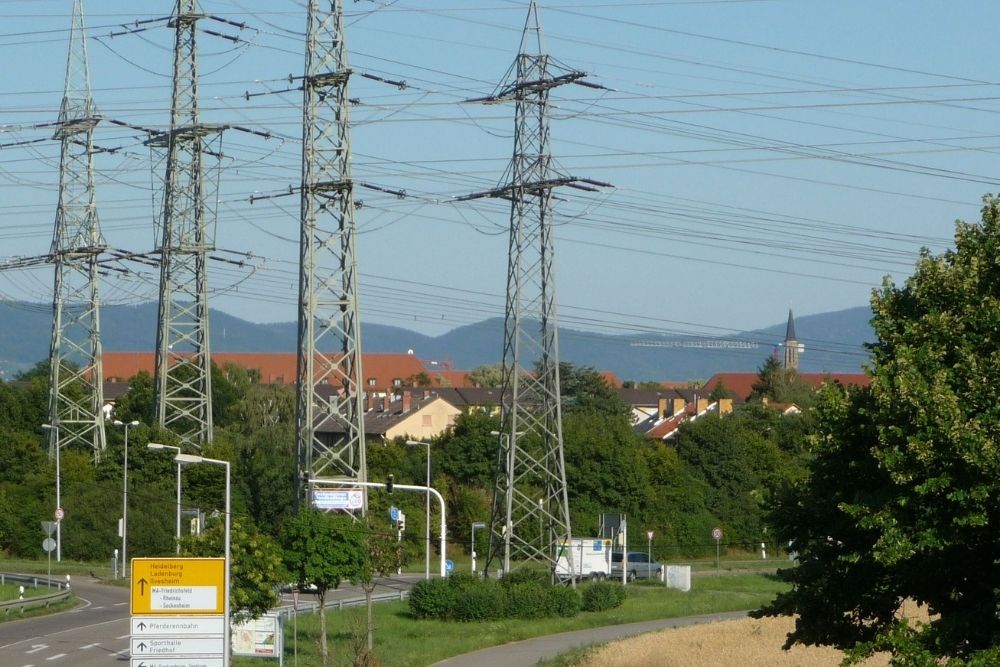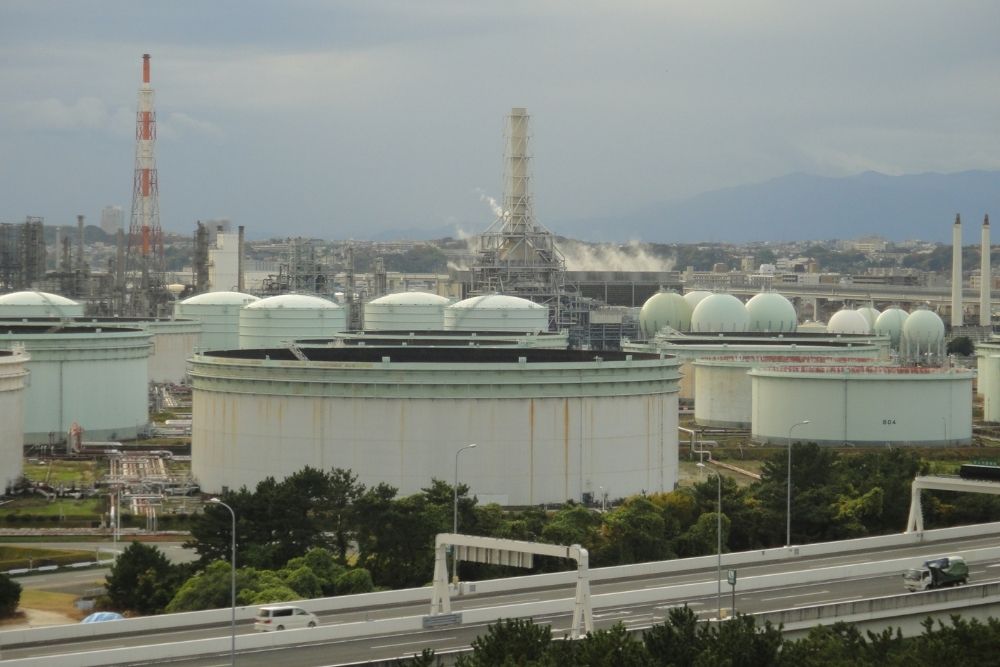China seeks more discretion in energy sector citing national security concerns
- August 18, 2023
- Posted by: Quatro Strategies
- Categories: China, Sanctions & Regulation
Zhang Jianhua, the director of China’s National Energy Administration (NEA), has underscored the crucial need for stringent secrecy and discretion in China’s energy sector in order to uphold national security and protect against potential foreign threats. Zhang’s remarks were published on the NEA’s official website and reflect the Chinese government’s growing concerns about safeguarding sensitive energy-related information and technology.
Zhang’s statement emphasized the importance of creating a robust culture of safeguarding secrets and confidentiality, particularly within industries such as nuclear and petroleum. He indicated that this culture would not only bolster China’s energy sector but also play a significant role in preventing potential leaks of technology and thwarting espionage efforts by foreign entities.
In his comments, Zhang highlighted the fact that foreign hostile forces often target China’s energy transition and development plans. These adversaries seek to collect data and information that can be used to distort China’s strategic energy planning and disrupt its progress. Although Zhang did not explicitly name these “foreign hostile forces,” his remarks underscore the government’s heightened awareness of external efforts to exploit vulnerabilities in the energy sector.
China’s energy sector has gained global attention due to its rapid growth and shift toward cleaner energy sources. This has led to increased competition and scrutiny on the international stage. Zhang’s statement aligns with China’s broader policy under President Xi Jinping, which prioritizes safeguarding national interests, maintaining stability, and ensuring the protection of sensitive sectors critical to economic and technological advancement.
The call for heightened secrecy and discretion in the energy sector reflects China’s intention to maintain control over critical technologies and information while defending against potential espionage and manipulation by external actors. As China continues its push for technological innovation and global leadership in various industries, securing sensitive information has become a paramount concern for its national security strategy.
Interested in learning more?
Sign up for Top Insights Today

Top Insights Today delivers the latest insights straight to your inbox.
You will get daily industry insights on
Oil & Gas, Rare Earths & Commodities, Mining & Metals, EVs & Battery Technology, ESG & Renewable Energy, AI & Semiconductors, Aerospace & Defense, Sanctions & Regulation, Business & Politics.



